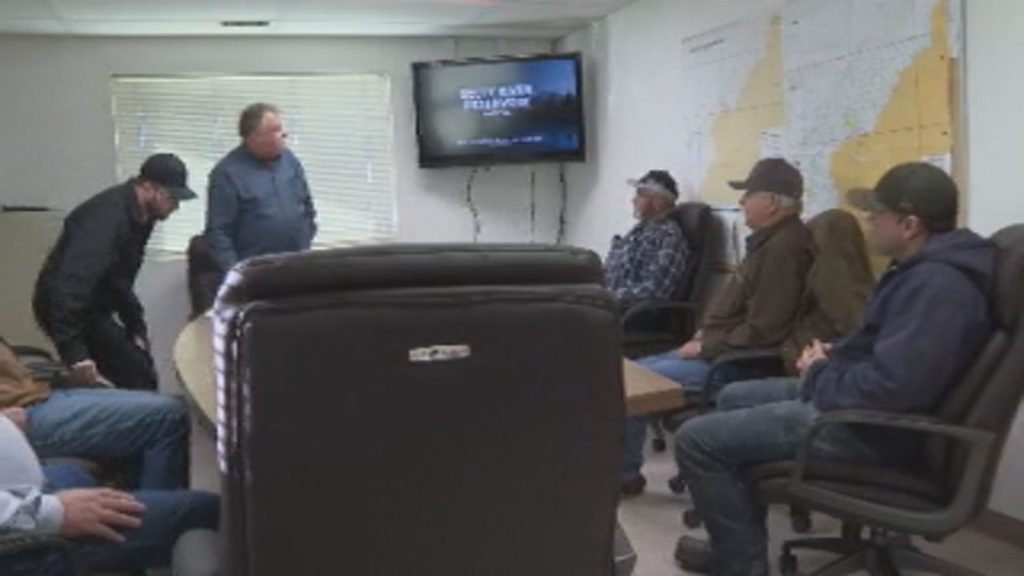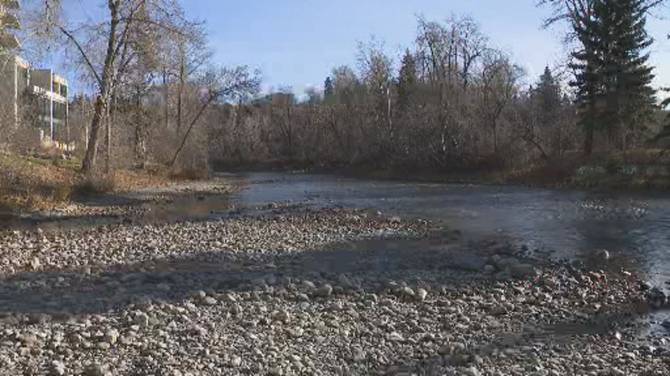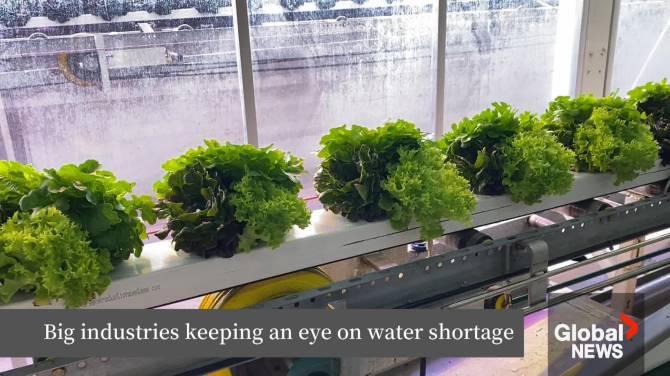Farmers and ranchers in southern Alberta are facing severe water shortages and are considering creative solutions. A proposal for a reservoir on the Belly River has been put forward to address the issue.
The project has started to gain a lot of support, with Fred Rice presenting the proposal to people in the area, particularly those who would benefit from it, and finding their approval.
Rancher and farmer Darcy Barfuss expressed that a reservoir in that area would greatly benefit him.
The proposed reservoir by Rice addresses concerns of producers in the area related to irrigation, flood mitigation, and assistance for all water sheds.
Rice mentioned that the benefits of the reservoir would apply to everyone in the districts, not just locally.
If constructed, the dam could contribute as much water as 22,000 Olympic-size swimming pools to other reservoirs.
The projected profits from the dam are almost $400 million per year, with a cost of just over $300 million.
Rice emphasized the need for a feasibility study and highlighted that the project would take years to complete, focusing on the long-term benefits for future generations.
Rice began with the United Irrigation District in the spring of 1985 and became the district manager in 2009. United Irrigation District in the spring of 1985 and became the district manager in 2009.
“With less than the normal snowpack, we are exploring sharing agreements this year,” Rice explained.
While producers in southern Alberta have improved their use and distribution of water, they still require more.
Duane Nelson, chairman of the board for the United Irrigation District, noted the challenge of not having storage to contain the water, especially when it is needed most in August.
Darcy Barfuss, a rancher and farmer, has also experienced the impact of water shortage.
Barfuss shared his concern about the water supply from the Belly River, expressing the difficulties he has faced with water availability for his crops.
Efforts to address the challenges posed by the Belly River, from drought to flooding, have prompted numerous meetings dating back to the mid-1950s.
Nelson, who has been involved in these meetings, recalled the flooding events that have occurred over the years.
Nelson referenced the historical flooding events and highlighted the increasing frequency of floods since the mid-1970s.
With the upcoming growing season, Rice aims to support fellow farmers as quickly as possible.
“This is the purpose – to produce enough food for everyone, but it's becoming increasingly difficult.”






